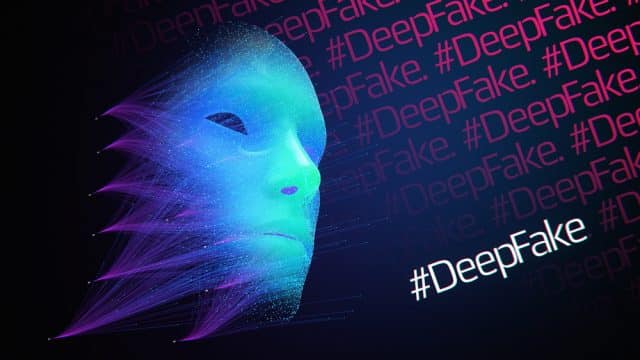Consumers worry about being fooled by deepfakes

A new report from Jumio shows 72 percent of consumers worry about being fooled by deepfakes on a daily basis.
Based on a survey by Censuswide of more than 8,000 adult consumers, split evenly across the UK, US, Singapore and Mexico, it finds only 15 percent of consumers say they've never encountered a deepfake video, audio or image before, while 60 percent have encountered a deepfake within the past year.
People also overestimate their ability to spot deepfakes. 60 percent believe they could detect a deepfake, up from 52 percent in 2023. Men are more confident in their ability to spot a
deepfake (66 percent compared to 55 percent of women), with men aged 18-34 demonstrating the most confidence (75 percent), while women aged 35-54 are least confident (52 percent).
"As generative AI advances, the incidence of deepfakes continues to rise, revealing a significant
gap in our collective ability to detect these deceptions," says Stuart Wells, Jumio's chief
technology officer. "This continued overconfidence underscores the critical need for stronger
public education and more effective technological solutions. It's essential that businesses and
consumers collaborate to enhance digital security measures to effectively prevent identity
fraud."
Although 60 percent call for greater regulation of AI trust in government to do this varies, with 69 percent of Singaporeans expressing trust in their government’s ability to regulate AI, compared to just 26 percent in the UK, 31 percent in the US and 44 percent in Mexico.
Fraud is a worry too with 68 percent of respondents reporting that they know or suspect that they’ve been a victim of online fraud or identity theft, or that they know someone who has been affected. Regardless of whether they’ve been a victim of fraud or identity theft, most consumers worry daily about falling victim to data breaches (79 percent) and account takeover attacks (77 percent).
More than 70 percent of consumers say they'd spend more time on identity verification if those measures improved security in industries including financial services (77 percent), healthcare (74 percent), government (72 percent), and retail and eCommerce (72 percent).
When creating a new online account, global consumers say taking a picture of their ID and a
live selfie would be the most accurate form of identity verification (21 percent), with creating a secure password coming in at a close second (19 percent).
You can find out more on the Jumio blog.
Image credit: dkcreative/depositphotos.com
